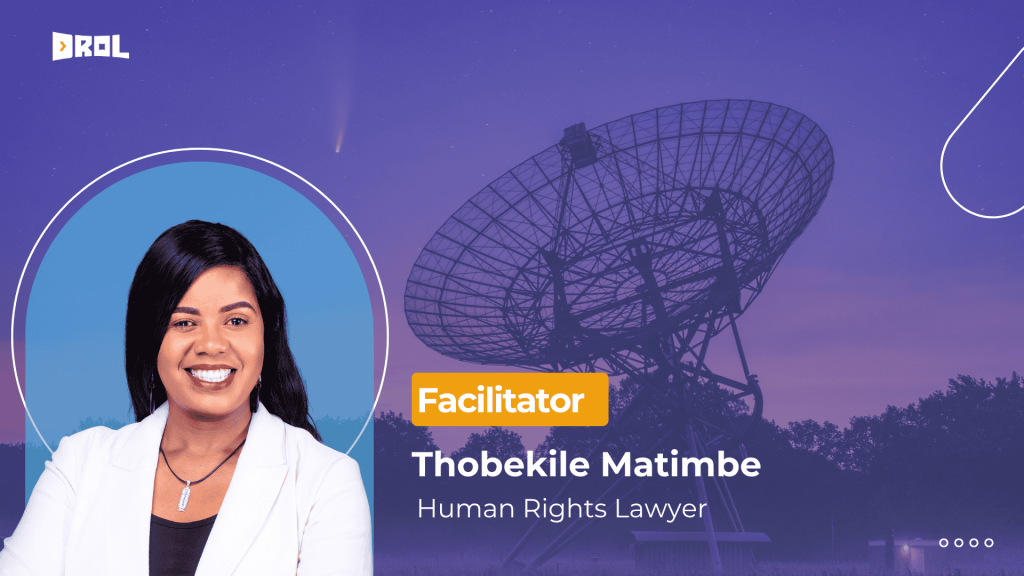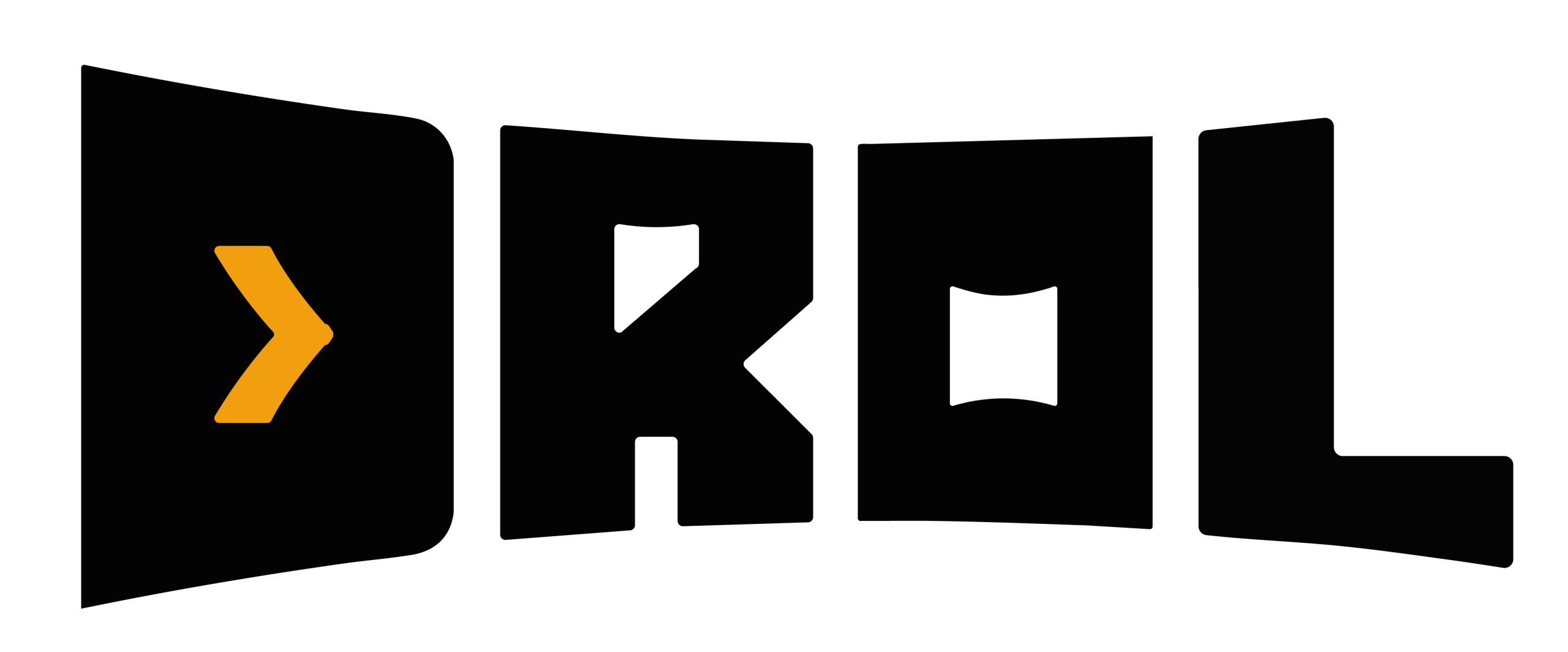This introductory course will unpack internet shutdowns in Africa, who orders them, when they occur, why they are ordered, how to avoid them, litigation, international human rights considerations, and the available remedies. It is a course for anyone seeking to understand the human rights standards promoting internet access, the incidence of internet shutdowns in Africa, and available protections from them.
Home / Сourses / Course Detail
Internet Shutdowns in Africa
Current Status
Not Enrolled
Enroll in this course to get access
Price
Free
Get Started
Course Objectives
- Foster understanding of internet shutdowns in Africa
- Promote undisturbed internet access, advancing human rights.
After the completion of this course, learners will be able to:
-
- Define internet shutdowns and understand their occurrence and incidence.
- Appreciate the human rights considerations.
- Promote open internet access.
Who can take this course?
- Government actors
- Civil society actors
- Media
- Researchers
- Other interested stakeholders

Course Format
Video| Notes | Quizzes
Other Details
- Earn a Certificate.
- Self-Paced Learning.
- 3 Hours of on-demand learning
Learning Content
- Defining Internet Shutdowns
- Types of Internet Shutdowns
- The incidence of Internet Shutdowns in Africa
- Reasons for Internet Shutdowns
- Cases in Africa
- Litigation Outcomes
- Regional Frameworks
Course Facilitator
Thobekile Matimbe
Human Rights Lawyer
Facilitator's Bio
Thobekile Matimbe is a human rights lawyer and Senior Manager, Partnerships and Engagements at Paradigm Initiative (PIN). She is committed to advancing digital rights and inclusion in Africa and beyond. She is an avid researcher with civic engagement and human rights advocacy expertise. She is a Board Member of the Global Network Initiative, a Membership Officer for the Africa Digital Rights Network, and an Oversight Group Member of the African Internet Rights Alliance. She is also an Open Internet for Democracy Leader, participating in several regional and global digital rights processes and coalitions. Thobekile manages projects at Paradigm Initiative, including the Digital Rights and Inclusion Forum (DRIF), a multistakeholder forum on digital rights in the Global South and the publication of the state of digital rights and inclusion in Africa report, Londa.

